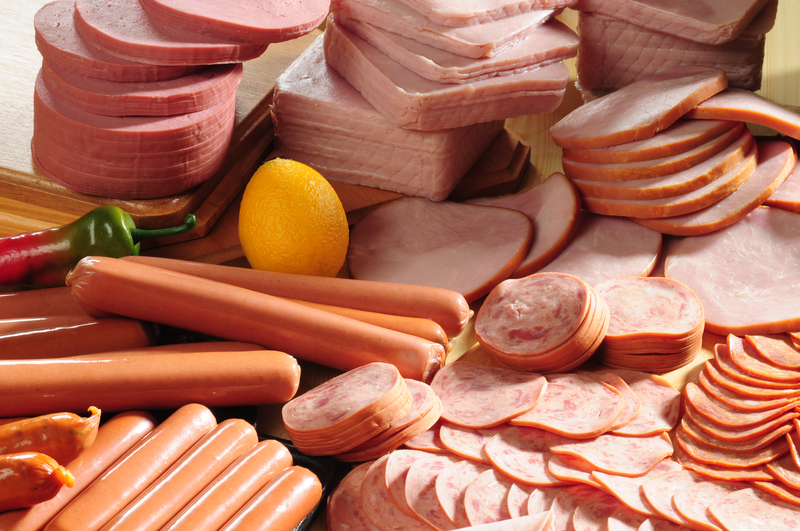You may have heard this phrase before, “There are no good or bad foods — there are only bad diets” and on the whole this is true. Chocolate, cake or a few slices of pizza are not necessarily nutritious, but when enjoyed occasionally will not cause any long-lasting ill effect. But what is important to know is that there are some foods that have the potential to be so bad for us nutritionally that you would argue they are bad foods, and best avoided altogether. Here are some of them and the scientific reasons why they are best eliminated from your diet completely.
MARGARINE
Spreads are a controversial food topic among nutrition professionals as the recommended switch from butter to margarine originally came from evidence that plant-based oils were better for the heart than animal-based fat. While this is true, nutrition professionals will generally recommend foods that are as natural as possible and when it comes to margarine it is an added fat that we do not “need” in our diet, especially fat that comes from heavily processed, refined vegetable oil. A high intake of processed vegetable oils is linked to increased inflammation long-term, which is extremely damaging to the body’s cells over time.
PROCESSED MEAT
It is the high nitrate and salt content of canned and cured meats that has resulted in processed meats being classified as a Group 1 carcinogen (cancer causing), increasing the risk of developing both bowel and stomach cancer. In Australia we consume a lot of processed meats via our bacon, snags, salami and beef jerky and a single 50g serve increases the risk for developing bowel cancer.
SOFT DRINK
No surprises here. Not only are soft drinks one of the most concentrated sources of added sugars in the diet with a 600ml bottle giving you 13 teaspoons of the white stuff, but they are highly acidic which means a nightmare for dental health. And just in case you thought the diet option was a safe bet, while diet soft drinks contain no sugar, rather a range of sweeteners, there is more evidence building to link the consumption of diet soft drink to increased blood glucose levels, greater appetite and cravings for sweet foods and obesity.
more on news.com.au




